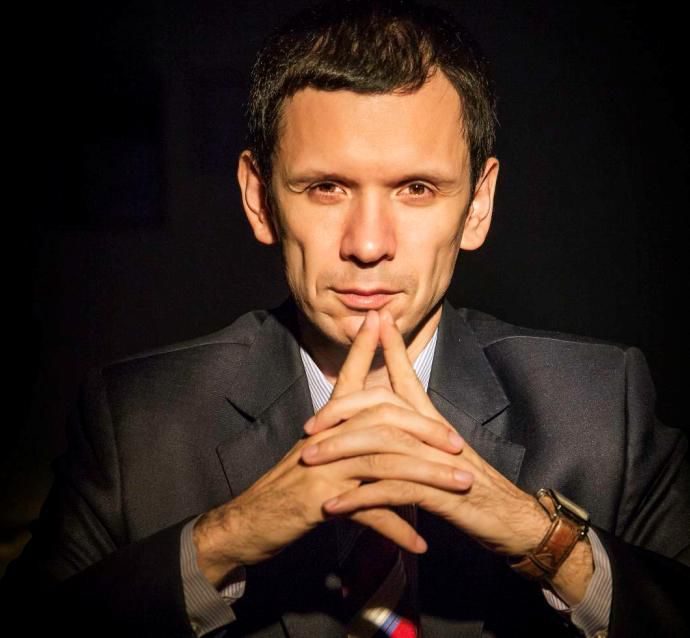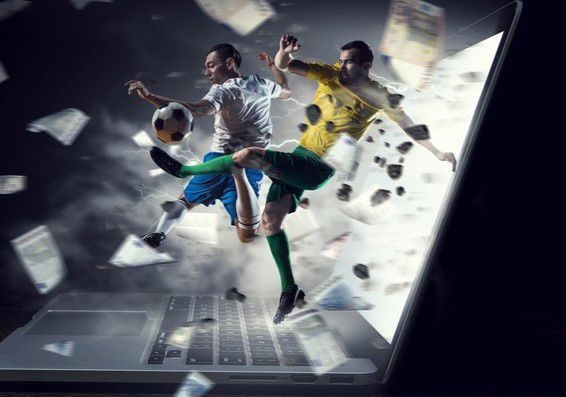Dubai: Start-ups in the Arab world need to take advantage of the benefits of their innovation by filing for patents and protecting their intellectual property (IP) rights, industry experts said.
Intellectual property in gaming and betting industry
Some games are based on software, while others appeared through the Internet of Things, combining classic games with new technologies and creating an exciting user experience. However, in creating gaming products, intellectual property rights play an important role.
Here are some common cases concerning the protection of intellectual property and the guarantee that third-party IP rights are also not violated.
Intellectual property protection in gaming.
The client has developed a creative game and is planning its release soon. Sometimes the software is already created. In other cases, a master sketch is defined and the campaign is launched on Kickstarter, however prototypes are still in the making. In most cases, the idea was somehow declassified and told to third parties. The client wants to know: is there any way to protect your creation?
Artistic design, screens, user interfaces, characters, appearance and impression. Copyright is the cheapest way to get at least some protection of the game. The artistic characteristics of the game (scenario, characters, design, images and screens) and soft code can be protected by simple copyright registration, which can be produced quickly and without significant financial costs.
Plus: a single copyright registration provides international protection in most countries of the world. This is especially useful for games aimed at the international market.
Minus: Specifications can not be protected by copyright. Submission of a patent may be required.
Technological aspects. Patents: Not everyone in the gaming world is subject to patenting. The trick is to find ways through which the game would not only become better and more exciting, but also so that these improvements would delight the most “boring users.” The so-called “test of nerds” encourages customers to think about the way in which even those who are not a fan of gaming will use the game. Is there any potential use of technology beyond this particular game?
This will help determine if something is patentable and whether it deserves a patent (if it ever has economic value for potential licensees, competitors, or future buyers of the company). Patents are expensive and time consuming, so patenting should be a carefully considered decision.
Proof of IP Rights
This is a key point for gaming companies. However, you need to take into account many points, so the company can turn out to be difficult and quite expensive.
Copyright.
This is the most obvious need noted by gamers. If the game uses characters or a script from a book or movie, you must provide guarantees that the right to this is confirmed. Obtaining permission is not as difficult as it may seem at first glance: if the quality of the game is high, the owners of the original intellectual property rights will gladly issue a license to use it for games on reasonable terms.
Trade marks.
When choosing a name, you need to make sure that it has not previously been registered or not used by another company. Unfortunately, it’s not enough just to check if the domain is busy: the best way to get such information is by searching for a national trademark office, as well as to google it for local users. Choosing the right, new name from the start helps to avoid many problems in the future.
Patents and designs.
There may be some tricks, because an agent for intellectual property rights is necessary for a thorough search with the best result, and this is often difficult to do in the initial stages. If the game was created on the basis of software or hardware of other companies, then it really makes sense to check what is protected in the area. In many cases, you can learn about patent rights from the holders of these rights as soon as game development is completed. It must be remembered that the confirmation of a patent goes hand in hand with the company’s own patent strategy: to provide for its part the availability of patents for the mutual exchange of licenses or negotiations about this.
Gaming companies and users are already introducing new technologies. Intellectual property law can provide legal structural elements to a new exciting experience.
Sports Betting and Intellectual Property – 1
On May 14, 2018, the US Supreme Court decided to lift the federal ban on sports betting. This solution allows states to offer legal sports betting in accordance with state laws, which are now at the development stage. The states of New Jersey, Mississippi, New York, Pennsylvania and West Virginia express a desire to immediately start with the proposal of sports betting. Professional leagues are also trying to join this.
Intending to get their tidbit of sports betting, professional sports leagues have attempted to start lobbying for 1% of the integrity fee from all bets made in their respective leagues. This integrity charge is intended for the licensed use of professional league statistics in gambling. Professional sports leagues claim that they own intellectual property rights to these statistics, therefore, they intend to receive a license fee for using the above statistics. According to the NBA commissioner Adam Silver: “… The NBA will spend about $ 7.5 billion on content development and game creation this year. The idea that, being the creators of an intellectual property object, we should get a fee of 1%, personally seems to me quite fair. ”
However, an obstacle to the introduction of integrity charges is the lack of fundamental intellectual property rights in statistics, which leagues like the NBA claim belong to them. Simply put, professional sports leagues own intellectual property rights to their content, such as multimedia, design, logos, trademarks, and more. All this would require a license for legal use. However, sports betting organizations would use only those statistics that are the result of a sports game. Unfortunately for professional sports leagues, two federal court cases concerning the ownership of sports statistics were not resolved in their favor. The first of them – the NBA against Motorola – was about the fact that the NBA does not own the intellectual property rights to the live-broadcast of game statistics, which is calculated and compiled by third parties.
Sports Betting and Intellectual Property – 2
In the second, C.B.C. Distribution vs. MLB Advanced Media, on the eighth round of appeals, decided that the statistics obtained from professional baseball games and used by a third party for the purpose of interactive online fantasy gaming constitute “a form of expression due to substantial constitutional protection”. Both of these cases by joint efforts intended to take away from professional sports leagues the ownership rights for the live broadcast of the statistics received from their games.
In general, professional sports leagues intend to earn extra money on legalized sports gambling. Despite the fact that they may well settle in the field of management, supervision or support of sports betting, the intellectual property lever regarding the use of statistics created on the basis of their games is not at their disposal.
This is another example of the fact that a misinterpretation of intellectual property rights can lead to a false understanding of a company that it is all its profits. It may also be misleading for new businesses, having convinced that there is a risk of legal liability, which in fact may not be.
Earlier it was reported that the introduction of the “sovereign Internet” in Russia to fight offshore sites that violate copyrights threatens to isolate Russians from the global crypto-community.
Dubai Customs makes seizures worth Dh35m in first half
Dubai Customs made 130 seizures related to infringement of intellectual property (IP) rights in the first half of this year, valued at Dh35.5 million, it announced on Tuesday.



